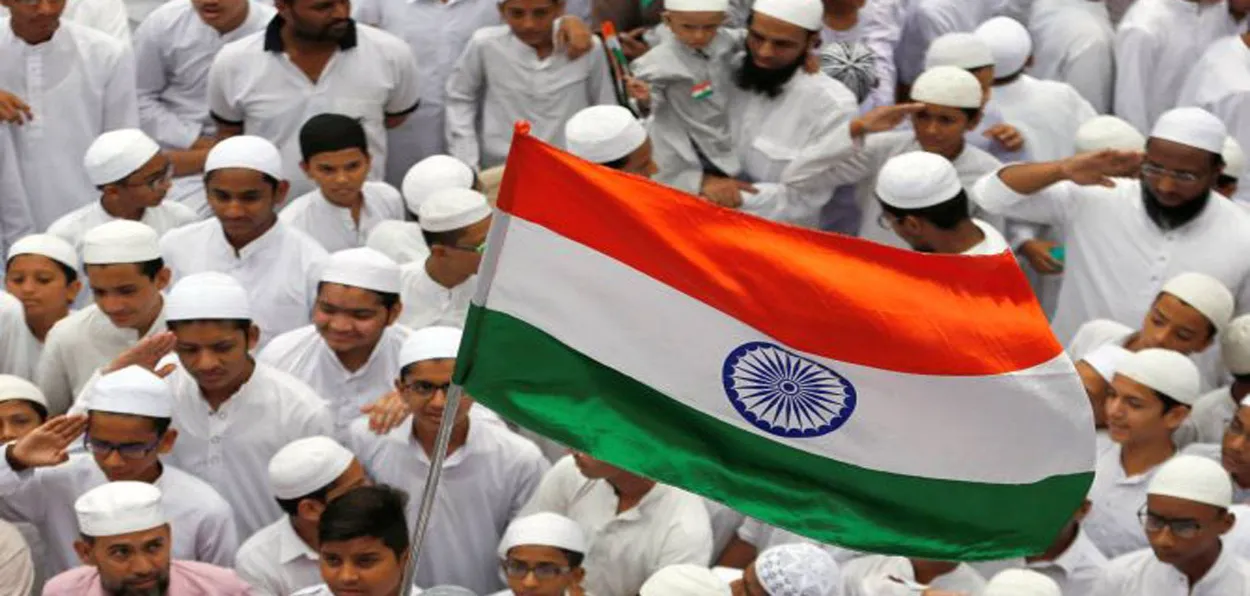
Shomaila Warsi
On 16 April 2023, gangster-turned-politician Atiq Ahmad and his brother Ashraf Ahmad were shot dead by assailants while being taken for a medical checkup by the Police in Prayagraj, Uttar Pradesh. Notably, Atiq Ahmad was an accused in the 2005 BSP MLA Raju Pal murder case and also in the Umesh Pal murder case which happened in February this year.
In the aftermath of the shootout that led to the death of Ateeq Ahmad and his brother on live television, it is being said that emotions are running high, particularly among the suburban Muslims of Uttar Pradesh. Many people particularly on social media view the incident as an extrajudicial killing and are calling this an example of the absence of the rule of law. While it is hard to tell whether such assessments about Muslim sentiment are correct or not, given the size and dispersion of the Muslim population in India, it is essential to view Ateeq Ahmad's death through an objective lens, rather than one clouded by religious identity.
Atiq Ahmed's life is a story of dramatic ups and downs. At the age of 17, he was accused of murder, and from there, his life took a turn toward a path of crime. He was embroiled in more than 100 cases, including extortion, kidnapping, and murder. Backed by mafia links and money power, he managed to become a Member of Parliament and represented the Allahabad West constituency for five consecutive terms. The Samajwadi Party gave him a ticket from Phulpur, and he was elected to the 14th Lok Sabha. The seat he vacated was won by BSP’s Raju Pal, who defeated Atiq’s brother Khalid Azim alias Ashraf in the 2004 by-poll against all expectations.
Within months, Raju Pal was killed. The murder took place on January 25, 2005, and based on a complaint filed by Raju Pal’s wife Pooja Pal, the police booked Atiq along with others in the case. As the murder necessitated another by-election, Ashraf won the Allahabad West seat, defeating Raju’s wife Pooja Pal.
The most important fact of Ateeq Ahmad’s life is that he was a Muslim by chance, but a gangster by choice. Born into a Muslim family, his religion was a matter of circumstance. However, his life of crime and the numerous atrocities he committed were a result of the decisions he made. It is crucial to differentiate between these two aspects of his life and not let his religious identity overshadow the wrongdoings that he is ultimately responsible for.
The Indian constitution guarantees the right to equal treatment under the law, regardless of religion, caste, or gender. While it is true that certain communities may fear marginalization, it is important to remember that the law, in theory, remains unbiased. Ateeq Ahmad was a known criminal, and his killing should be viewed as an incident concerning a notorious gangster, rather than one targeting a Muslim. In 2021, noted gangster Vikas Dubey was killed by UP STF and hardly anyone looked at his religion at that time. The U.P government has been running an all-out campaign against the mafia to establish rule of law and frequent encounters are reported there as UP Police continues the offensive. By focusing solely on his religious identity, we run the risk of creating an unnecessary divide, which can further perpetuate tension and mistrust between communities.
The U.P. government has been very cautiously dealing with the aftermath of this incident. Uttar Pradesh Chief Minister, Yogi Adityanath, took cognizance of the incident and ordered the formation of a judicial commission to investigate the matter. In the aftermath of the incident, the Uttar Pradesh government imposed Section 144 of CrPC in all districts. Ateeq Ahmad’s killers were posing as media persons. A three-member judicial inquiry committee headed by retired Justice Arvind Kumar Tripathi of Allahabad High Court has been set up to probe the murder. The Committee will have to submit its report in two months. Retired IPS officer Subesh Kumar Singh and former District Judge Brijesh Kumar Soni are the other members of the committee.
The Muslim community should remember that Ateeq Ahmad's victims were also human beings with families and loved ones. Many of them may have been Muslims as well. By mourning the loss of a man who caused immense pain and suffering to numerous people, we are, in essence, ignoring the plight of his victims. Instead, it is essential to consider the broader impact of Ateeq Ahmad's criminal activities and the justice that has been served to those who have suffered at his hands.
ALSO READ: Sajna Ali's wanderlust made her launch a company to cater to solo women travellers
It is also essential for Indian Muslims to realize that Ateeq Ahmad's actions and the criminal lifestyle he chose do not represent the values and teachings of Islam. Associating his criminal activities with the Muslim community only reinforces stereotypes and perpetuates harmful narratives. Instead, it is crucial for the Muslim community to distance themselves from the actions of criminals like Ateeq Ahmad and to work together with other communities to promote peace, understanding, and harmony.
(Dr. Shomaila Warsi, Ph.D. teaches Political Science and International Relations at Maharaja Agrasen College, Delhi University. Views are personal).
